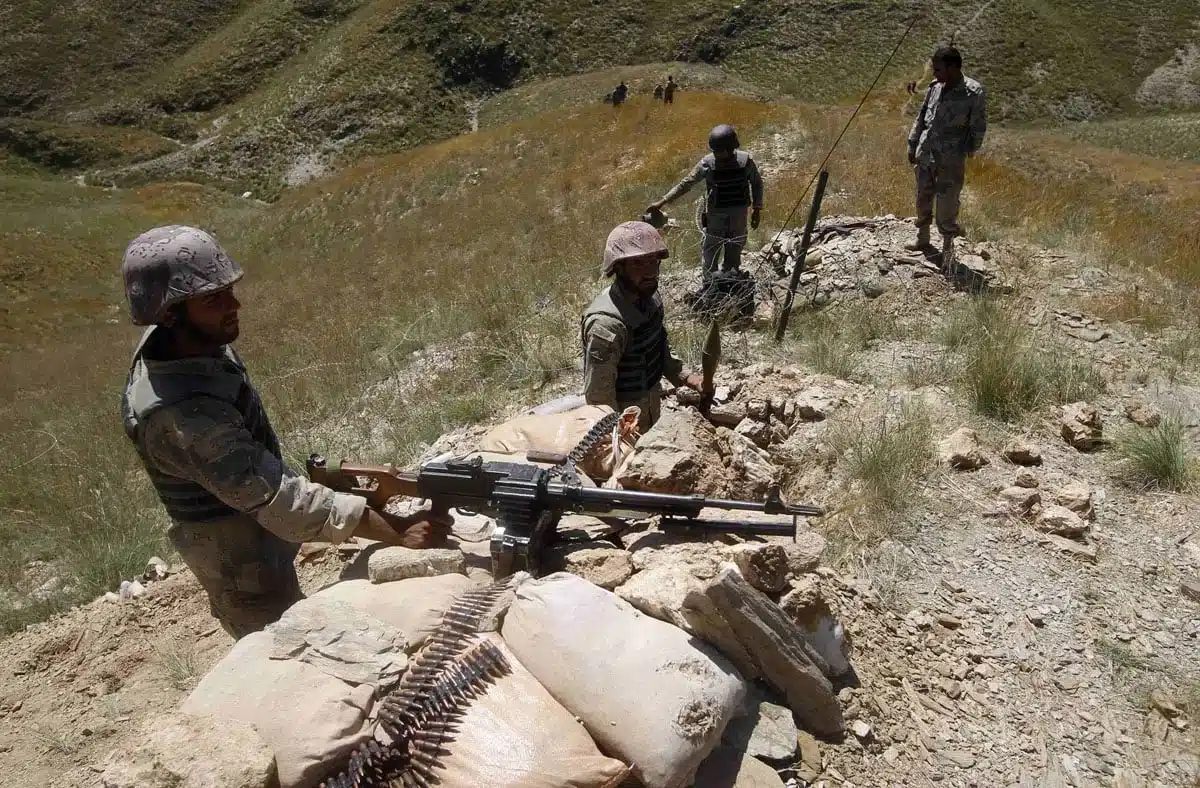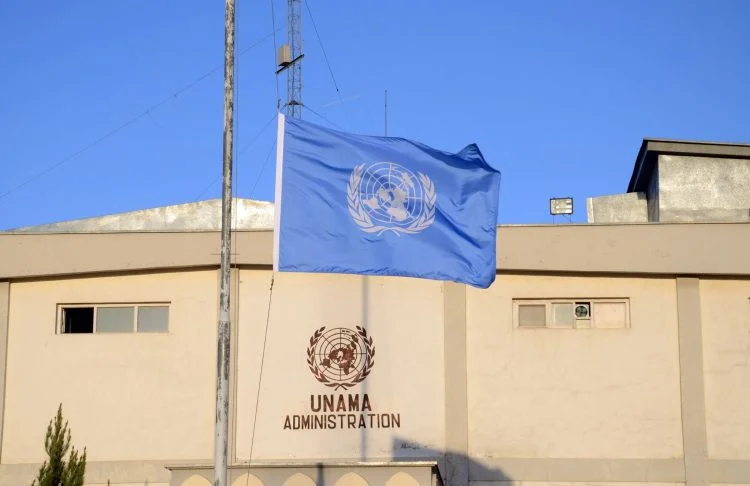Fierce clashes erupted between Pakistani security forces and Afghan Taliban border guards on Saturday, September 7, 2024. The confrontation resulted in casualties on both sides. It occurred in the Afghan province of Khost, along the border with Pakistan’s Kurram district. This escalation heightened tensions in an already volatile region.
According to local reports, the conflict began when Taliban forces attempted to establish a new security outpost near the Pak-Afghan border. This move violated standing agreements between the two nations. Pakistani forces responded with heavy fire, halting the construction. The confrontation resulted in the deaths of eight Taliban fighters and injuries to 16 others. Among the injured were key commanders Khalil and Jan Muhammad. The exchange of fire lasted several hours, further intensifying the conflict.
Also See: Pakistan Navy Adds Offshore Patrol Vessel PNS Hunain and PNS Babur on Defence Day
Escalating Border Tensions
This latest skirmish follows accusations by Pakistan that the Afghan Taliban continues to facilitate cross-border terrorist attacks, particularly involving militants from the Tehrik-e-Taliban Pakistan (TTP). Despite denials from the Taliban authorities, Pakistan’s security agencies have repeatedly pointed to evidence linking Afghan-based militants to increased violence in the country. Pakistan has stressed that such activities undermine regional stability and threaten its national security.
The Pakistani military retaliated after Taliban forces allegedly fired unprovoked heavy weaponry from the Pulosen region in Afghanistan. The intense clashes left at least five Pakistani soldiers injured, including an officer. The injured soldiers were transported to a nearby military hospital for treatment.
This is the second time in recent days that the two countries have clashed, further straining relations between Pakistan and the ruling Taliban in Afghanistan. Both governments have yet to issue formal statements, but the escalation highlights the ongoing border tensions and concerns over militant activities along the nearly 2,600-kilometer shared border. The situation remains volatile, with both sides on high alert for further confrontations.
The clashes highlight Pakistan’s persistent concerns regarding the TTP’s presence and activity in Afghanistan, with Islamabad urging Kabul to act against these groups to prevent further cross-border violence.






